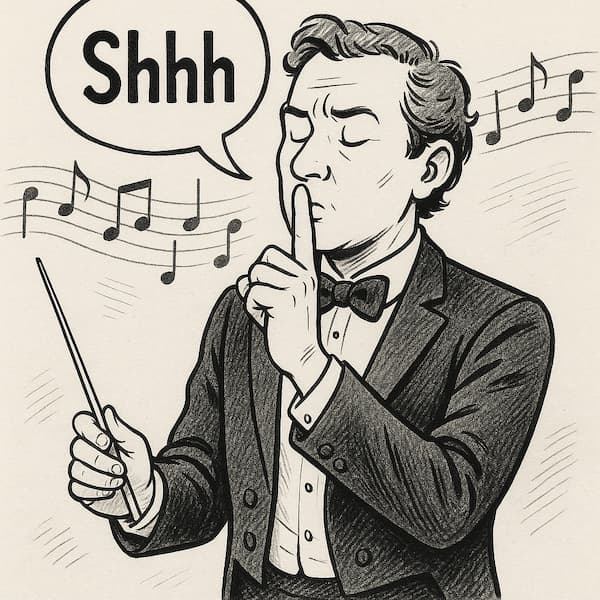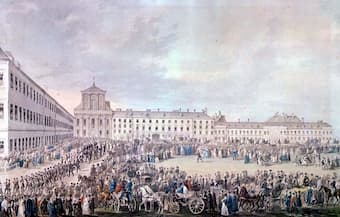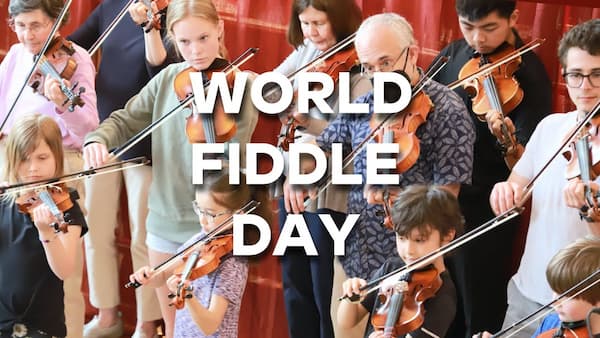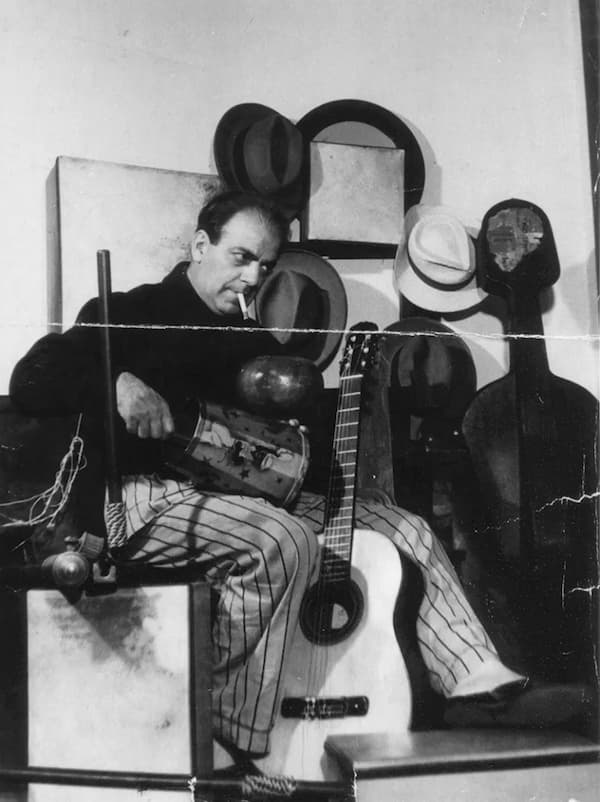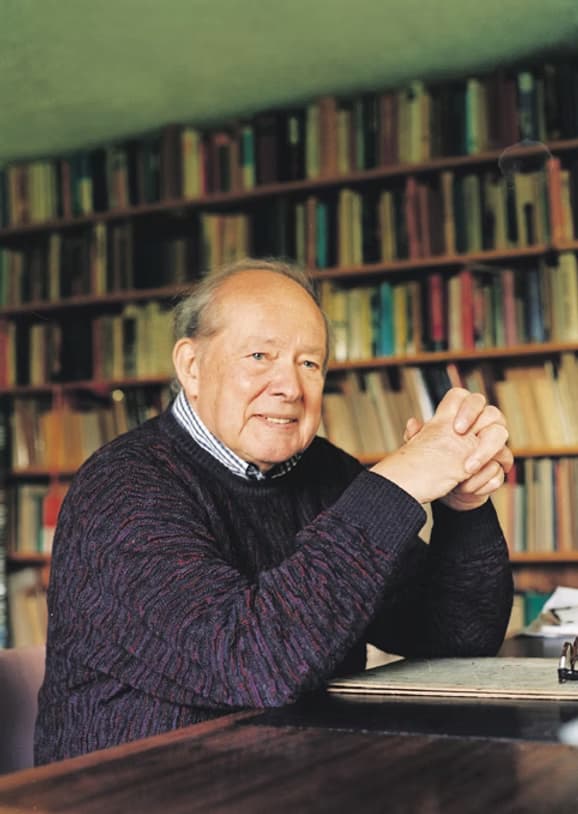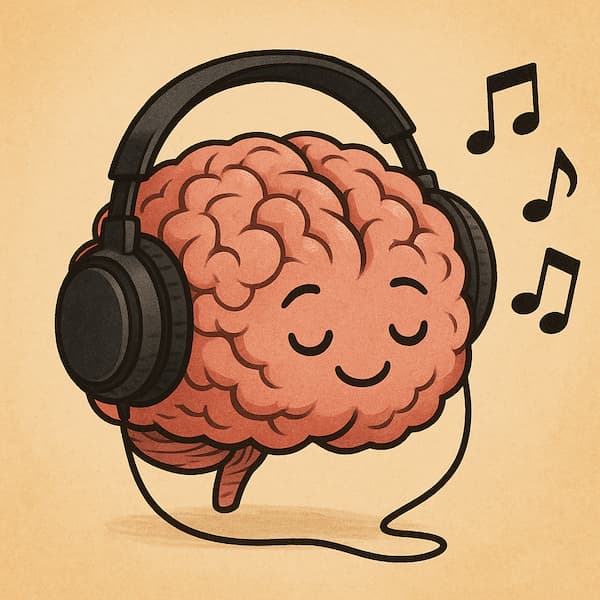In a world where your inbox is a horror movie and your notifications are basically a marching band, we all need a moment to unclench. Luckily, we celebrate “World Meditation Day” on 21 May, or if you follow the United
Blogs
Historically, symphony finales have been fast, loud, and showy. It’s easy to understand why: big, brash finales leave listeners with exciting last impressions. However, such finales are not, strictly speaking, necessary. Sometimes composers subvert expectations in favour of quieter, more
Music is always an important part of any funeral service or memorial service. The right choice of music can pay tribute to the deceased’s tastes and provide comfort to the mourners left behind. Have you ever wondered what music the
Every third Saturday in May, and that’s 17 May in 2025, we celebrate World Fiddle Day. It’s a day for a global hoedown where fiddles screech, twang, and produce off-key notes like a squirrel caught in a banjo. World Fiddle
Brazil is an immensely rich country with a strong musical culture and identity. It is the fifth largest country in the world, and this is reflected in the diversity of its arts. Alone, its music has influenced a plethora of
The Welsh composer, Alun Hoddinott (1929–2008), made Cardiff, Wales, the basis for his work, first as an undergraduate at the University, then as Lecturer, and finally Professor and Head of Music (1949–1987). One of the important legacies he left was
In part one, we identified what musical repeatism is, why the contemporary technological landscape makes it uniquely possible, and the potential benefits of repeatism in regulating mood and enabling deep focus. We also touched on the idiosyncratic and highly personal
Frequently hailed as the “Paganini of the recorder,” Maurice Steger is known for his extraordinary virtuosity and dynamic stage presence. Combining technical precision with expressive flair, Steger breathed new life into the recorder repertoire. Beyond his performing career, which has


